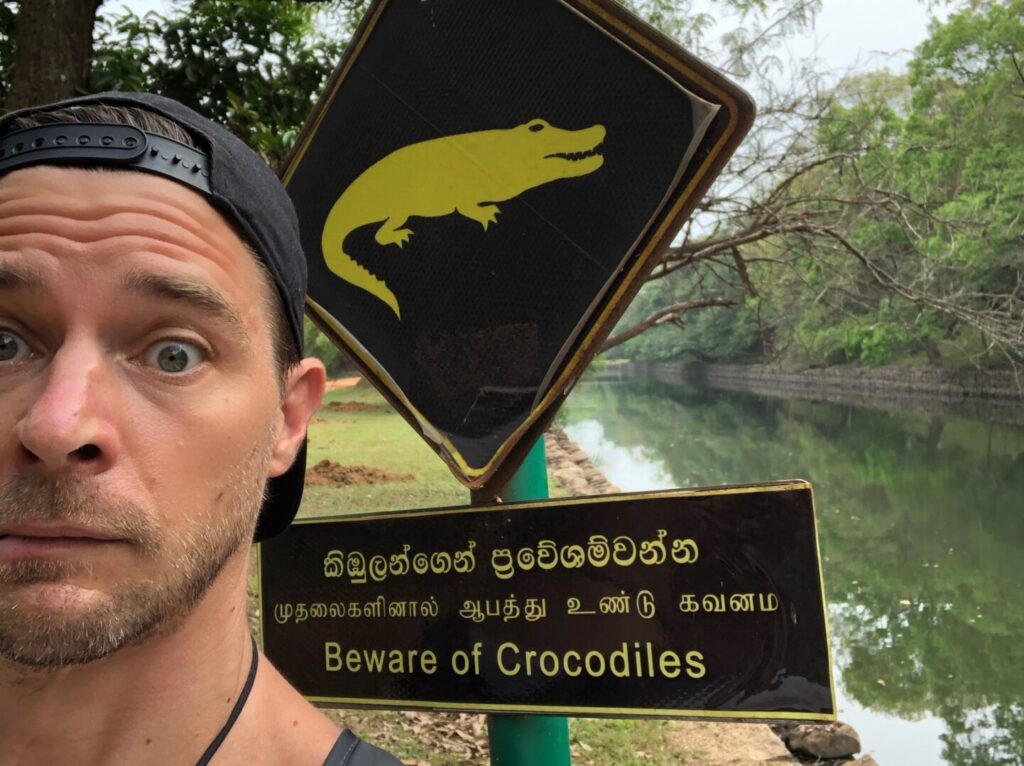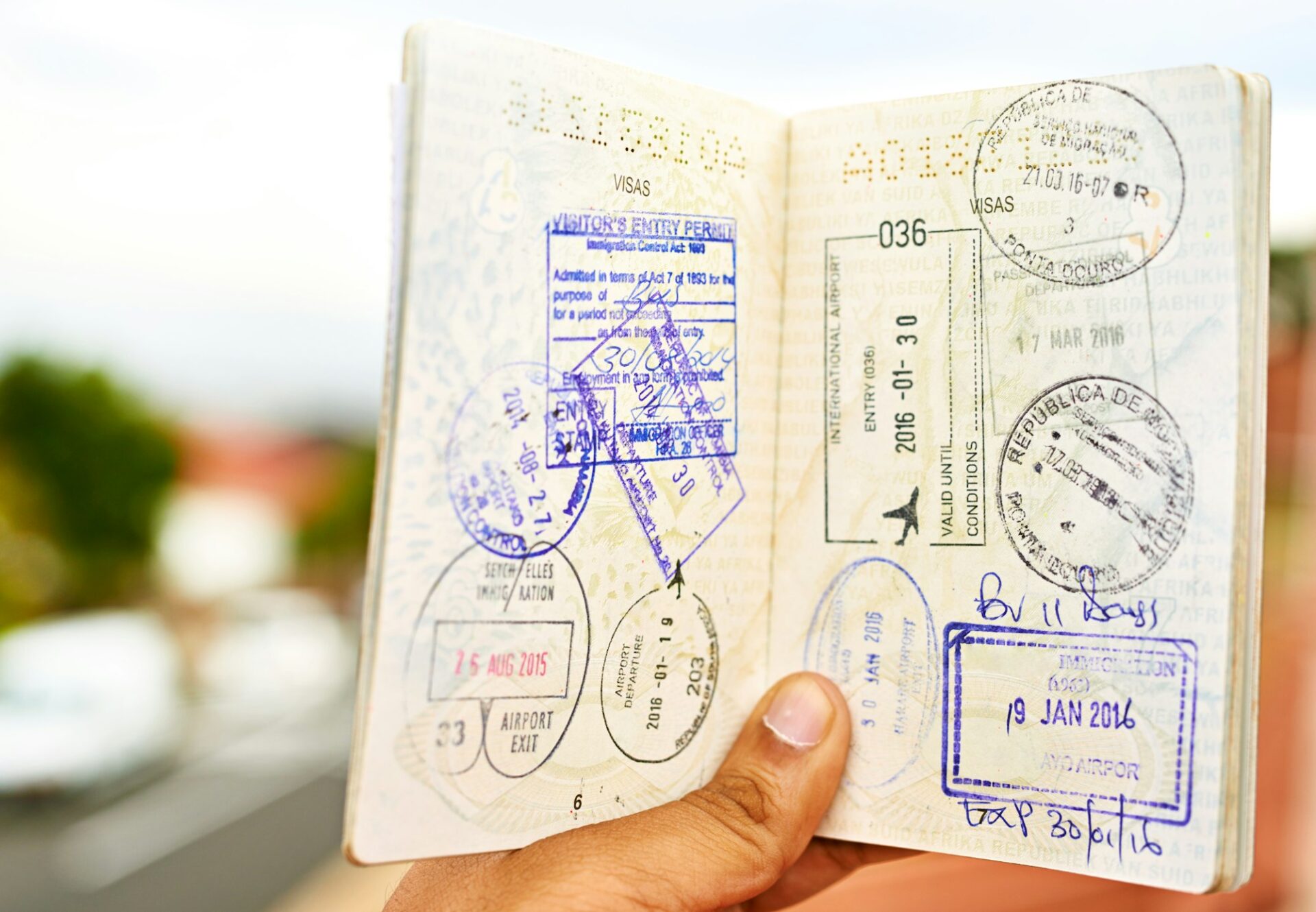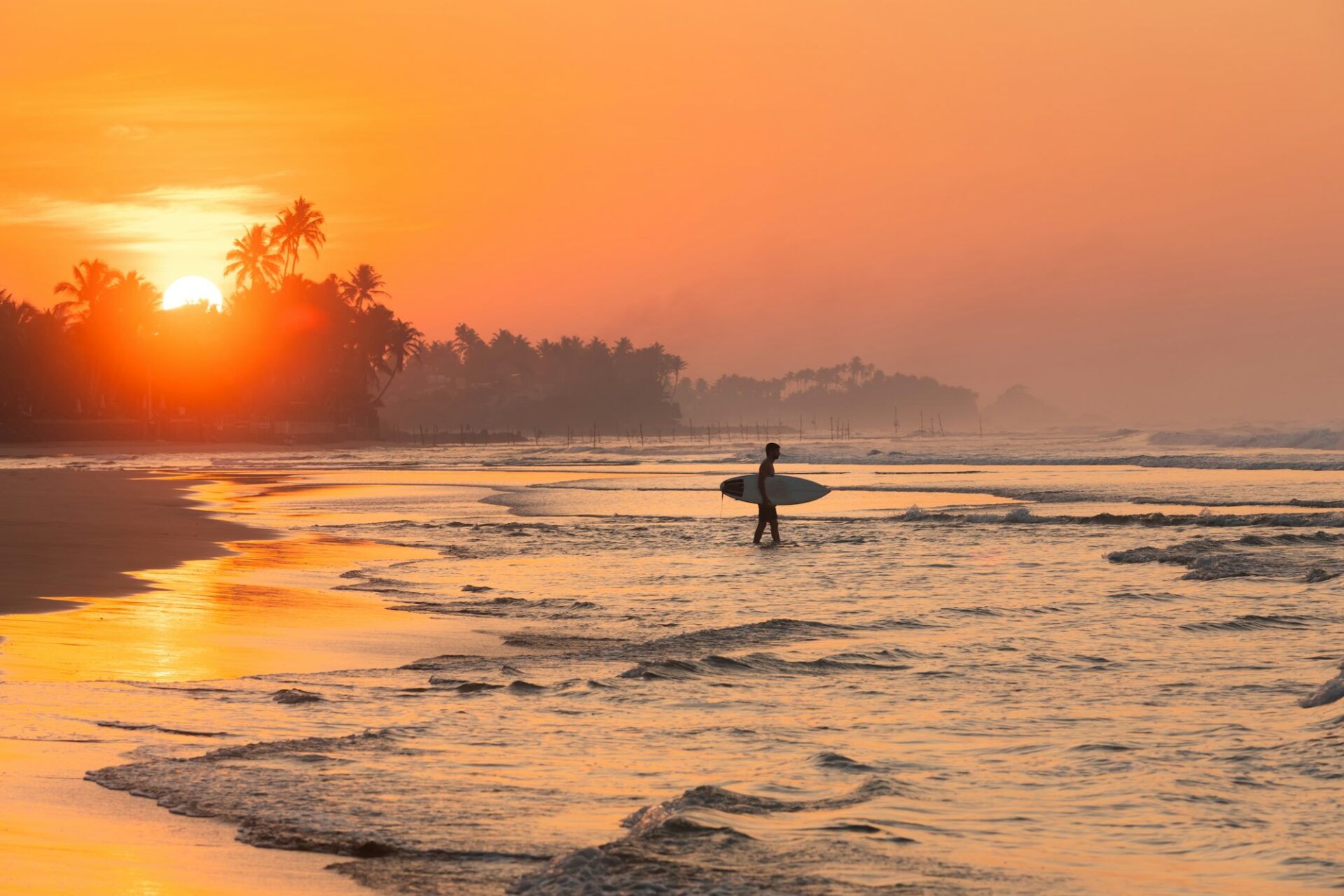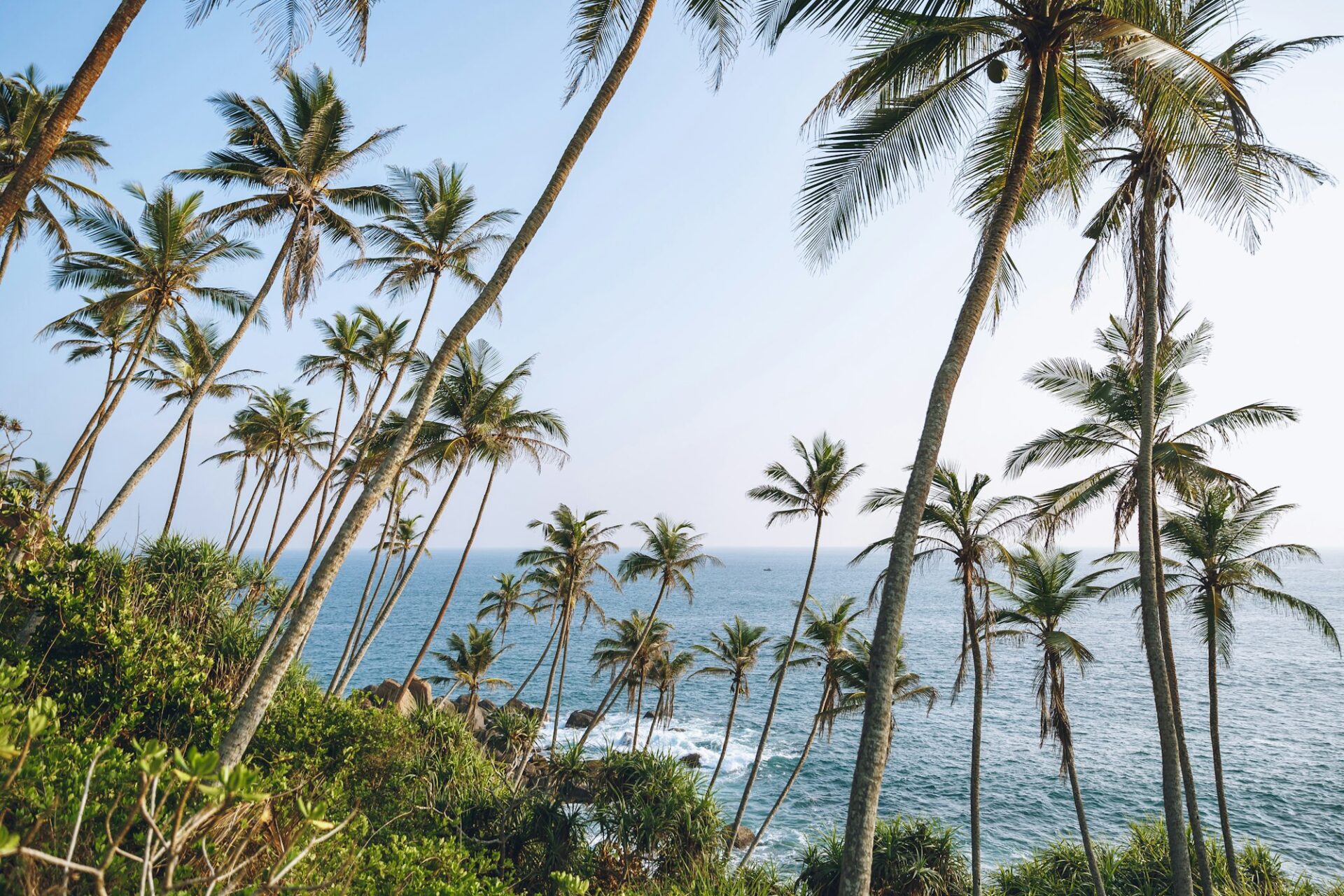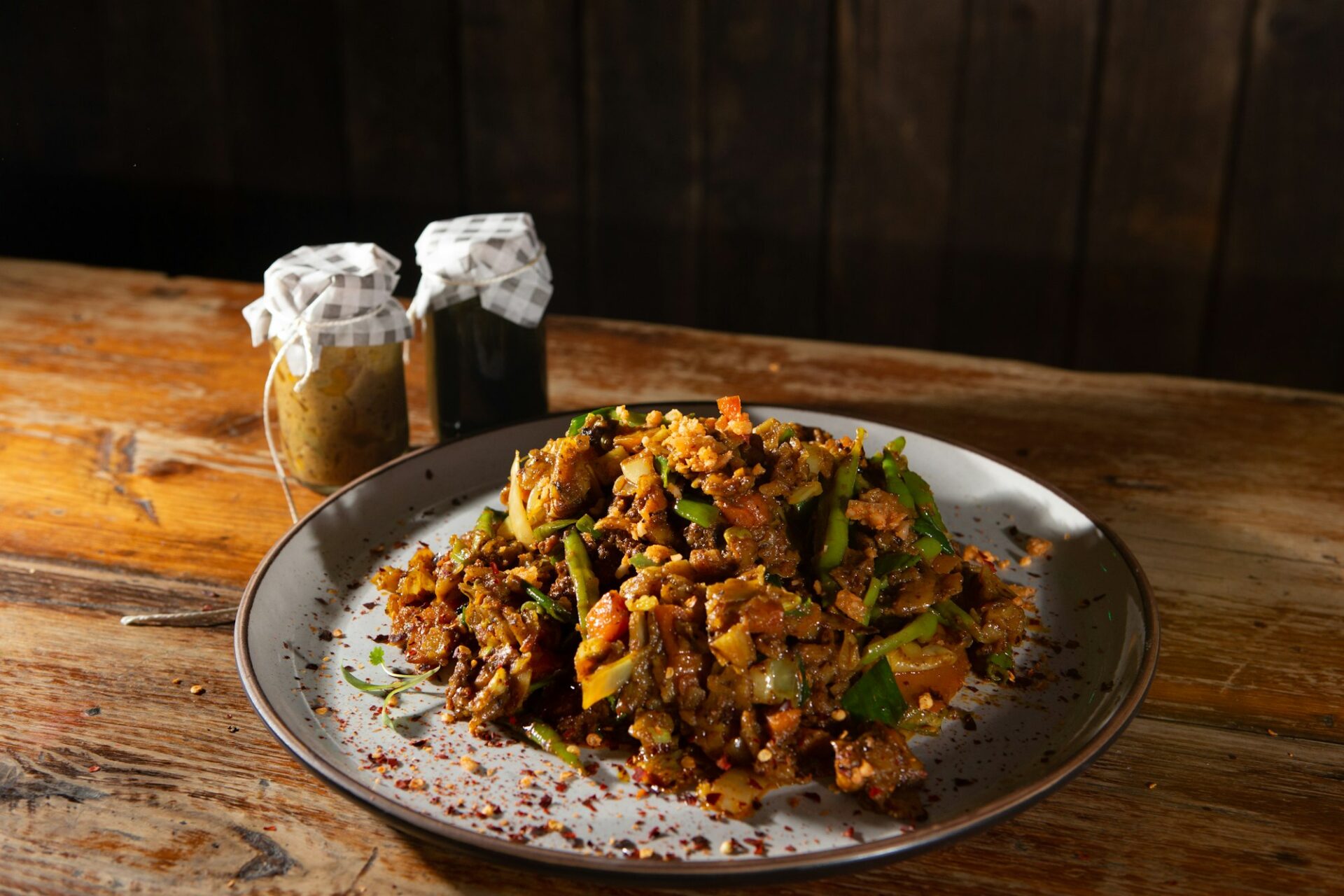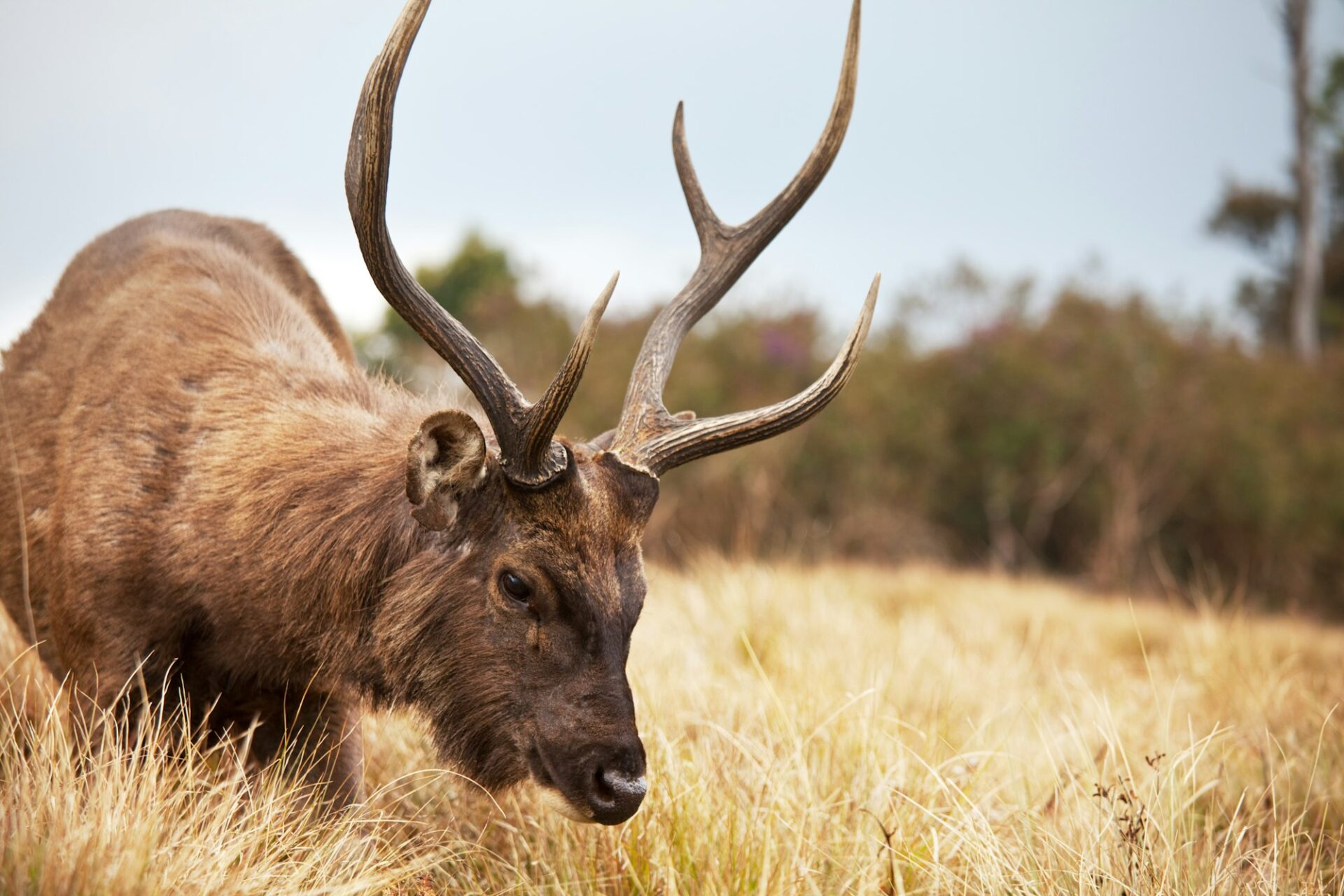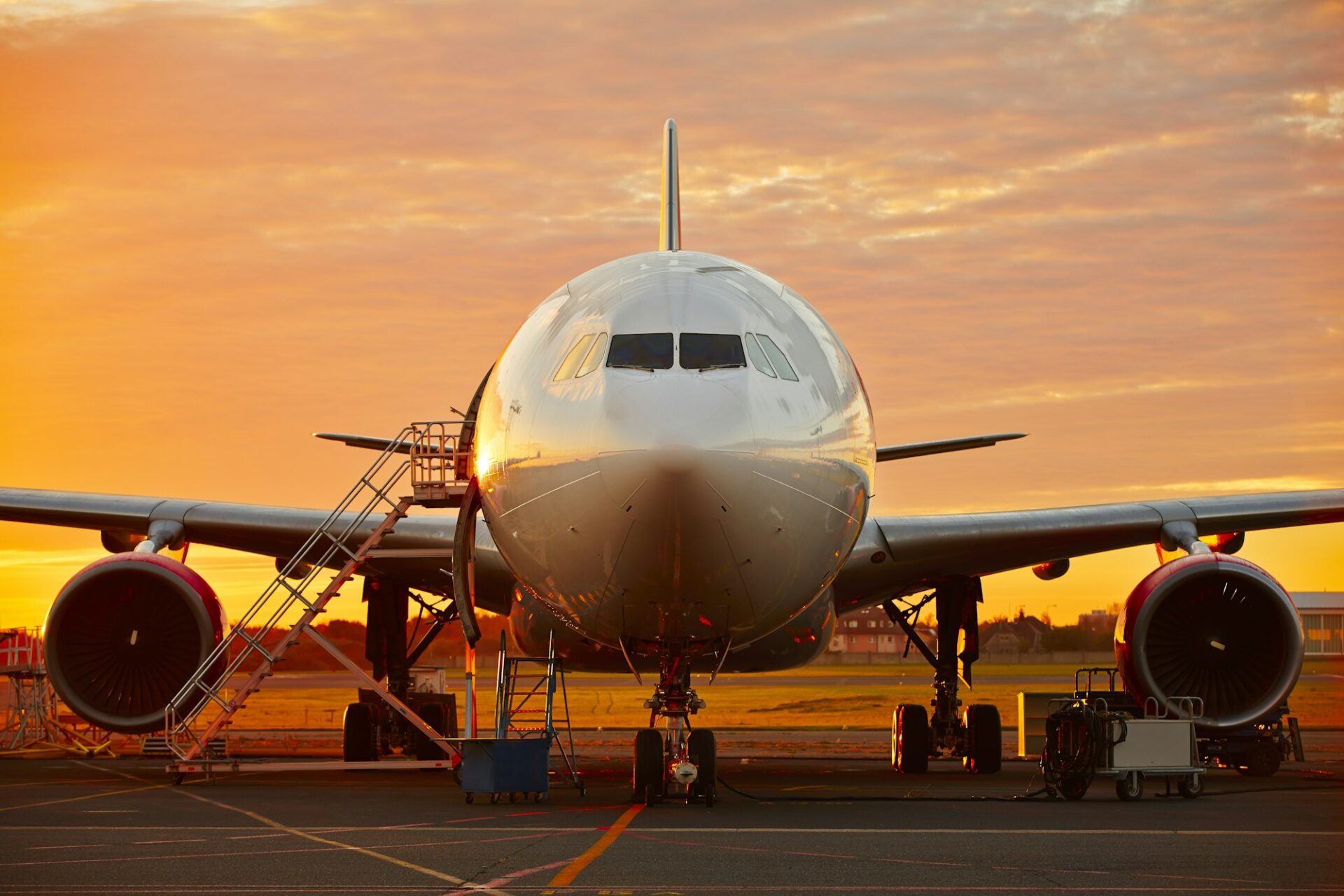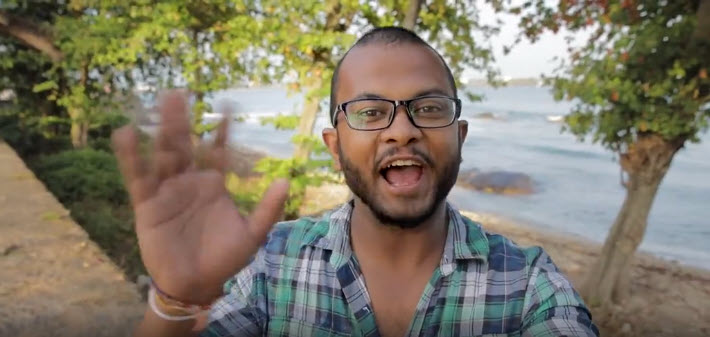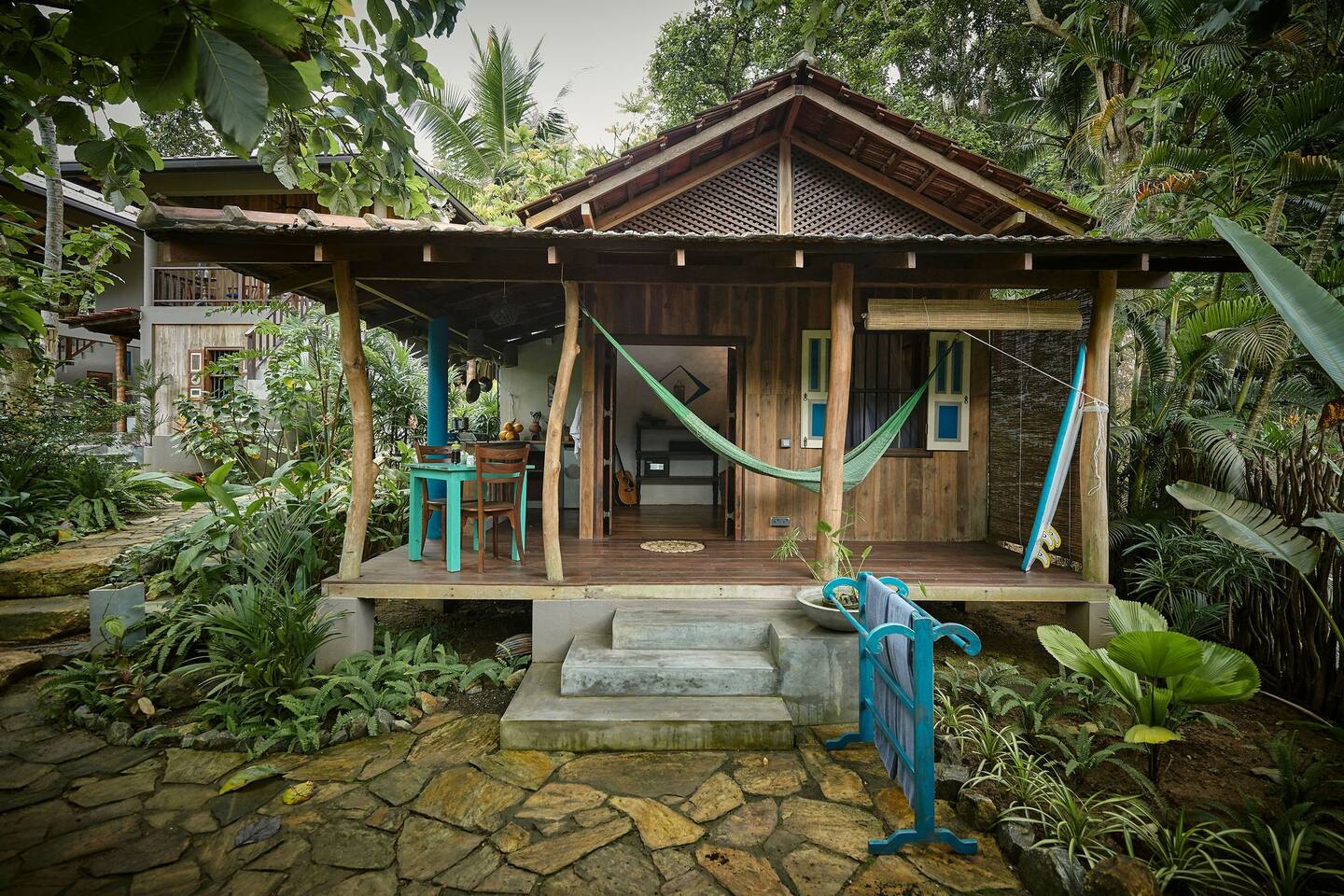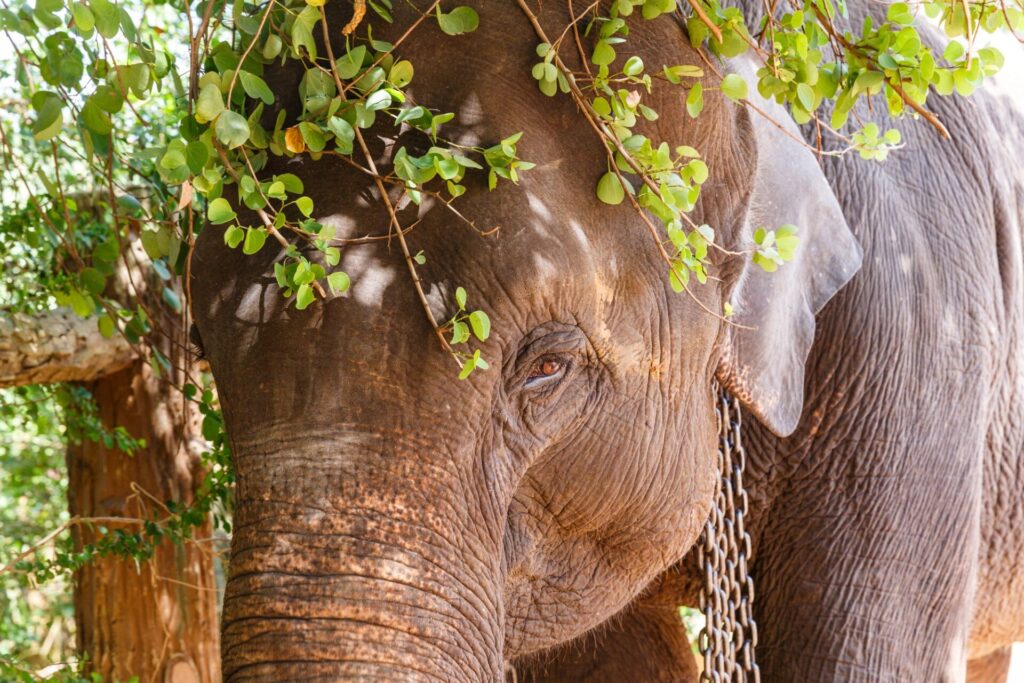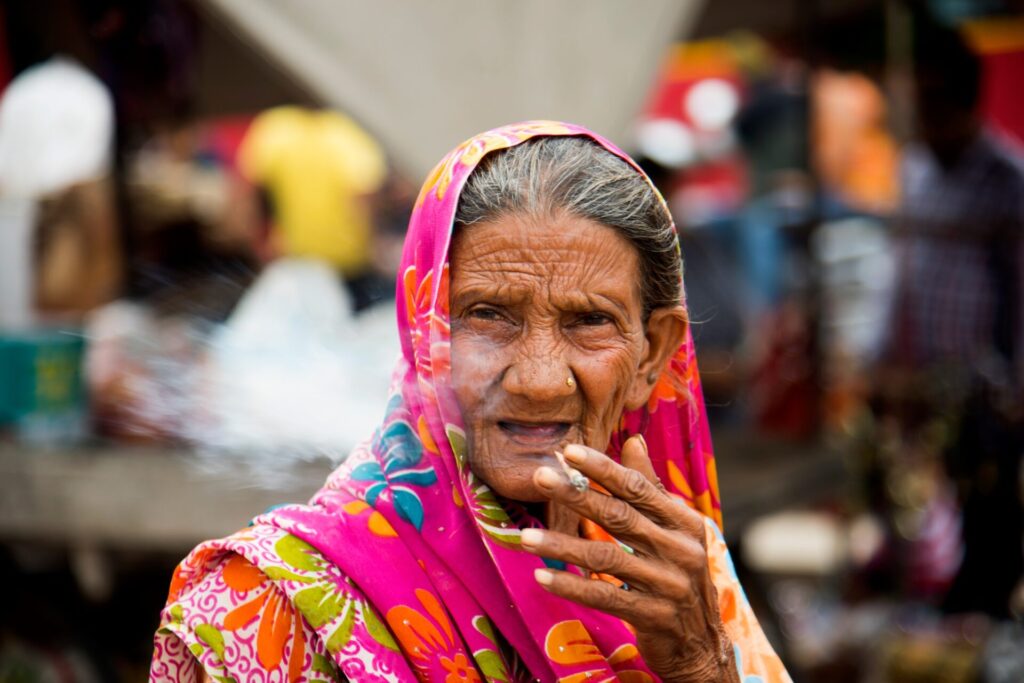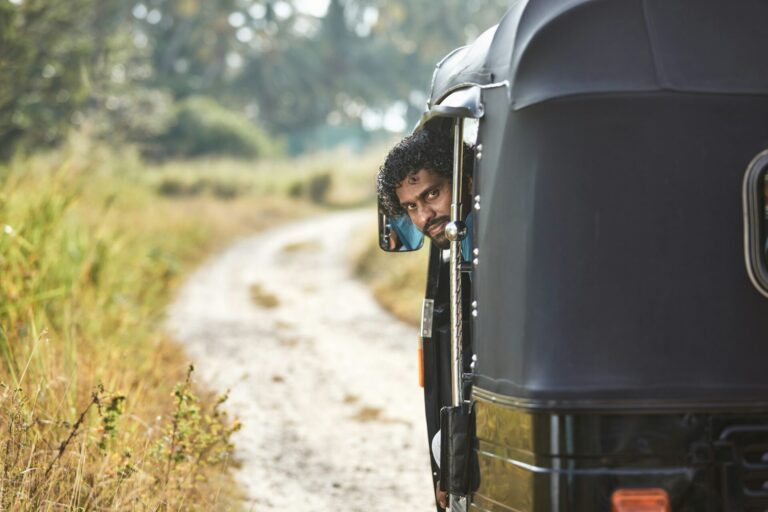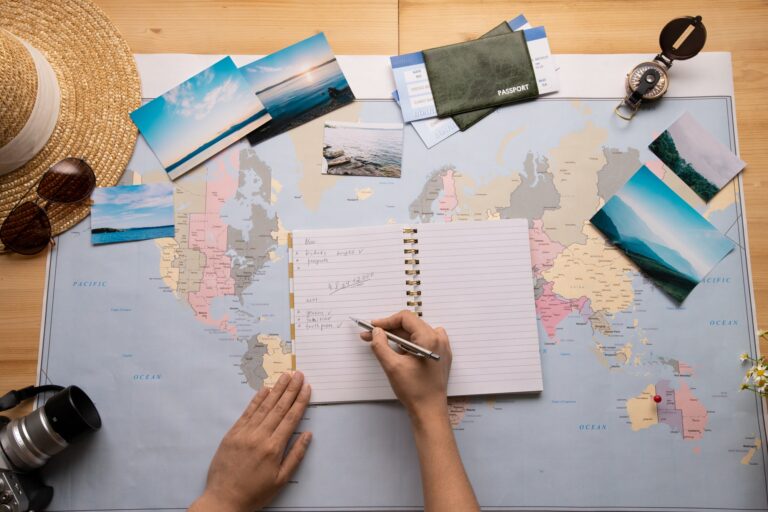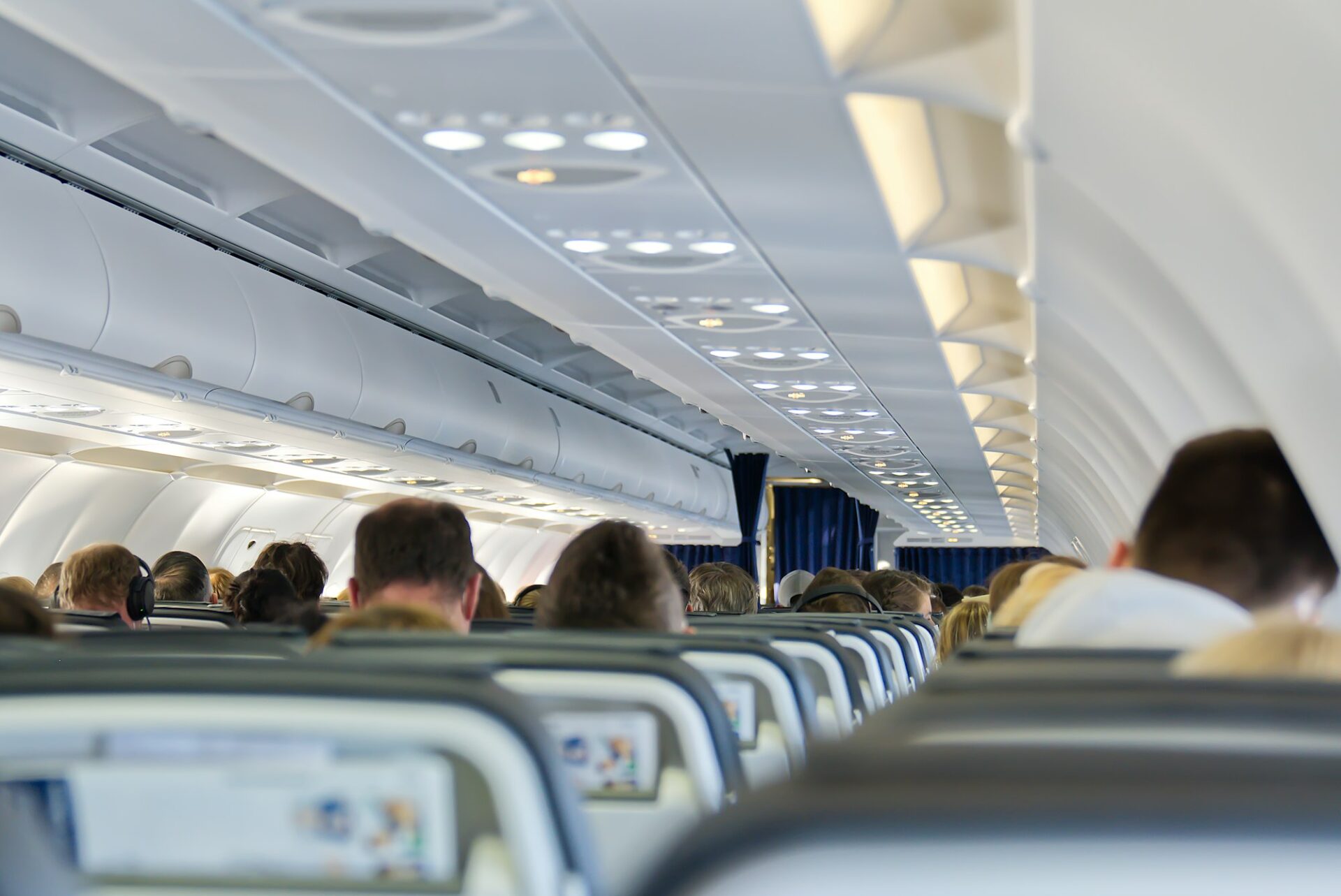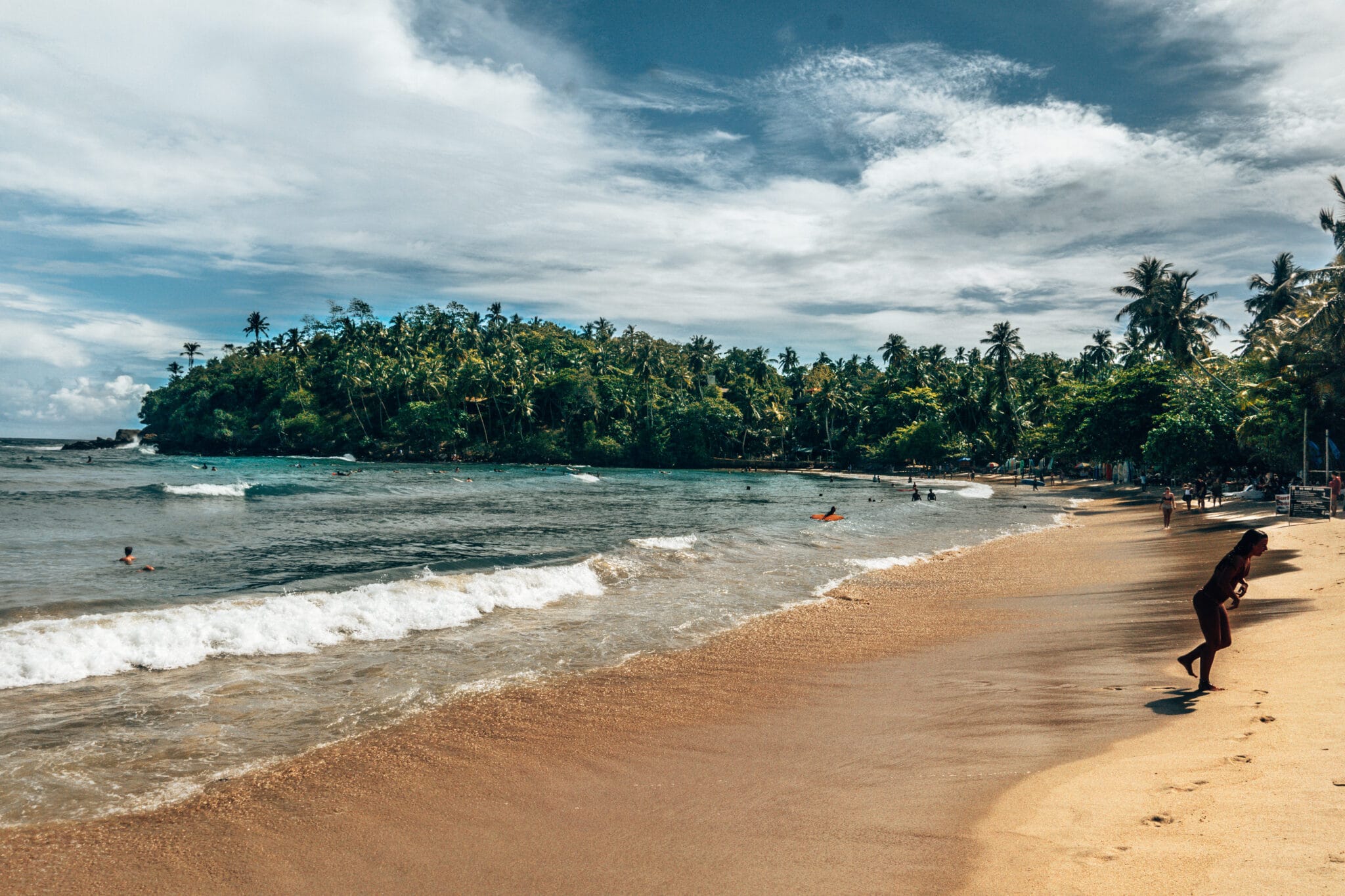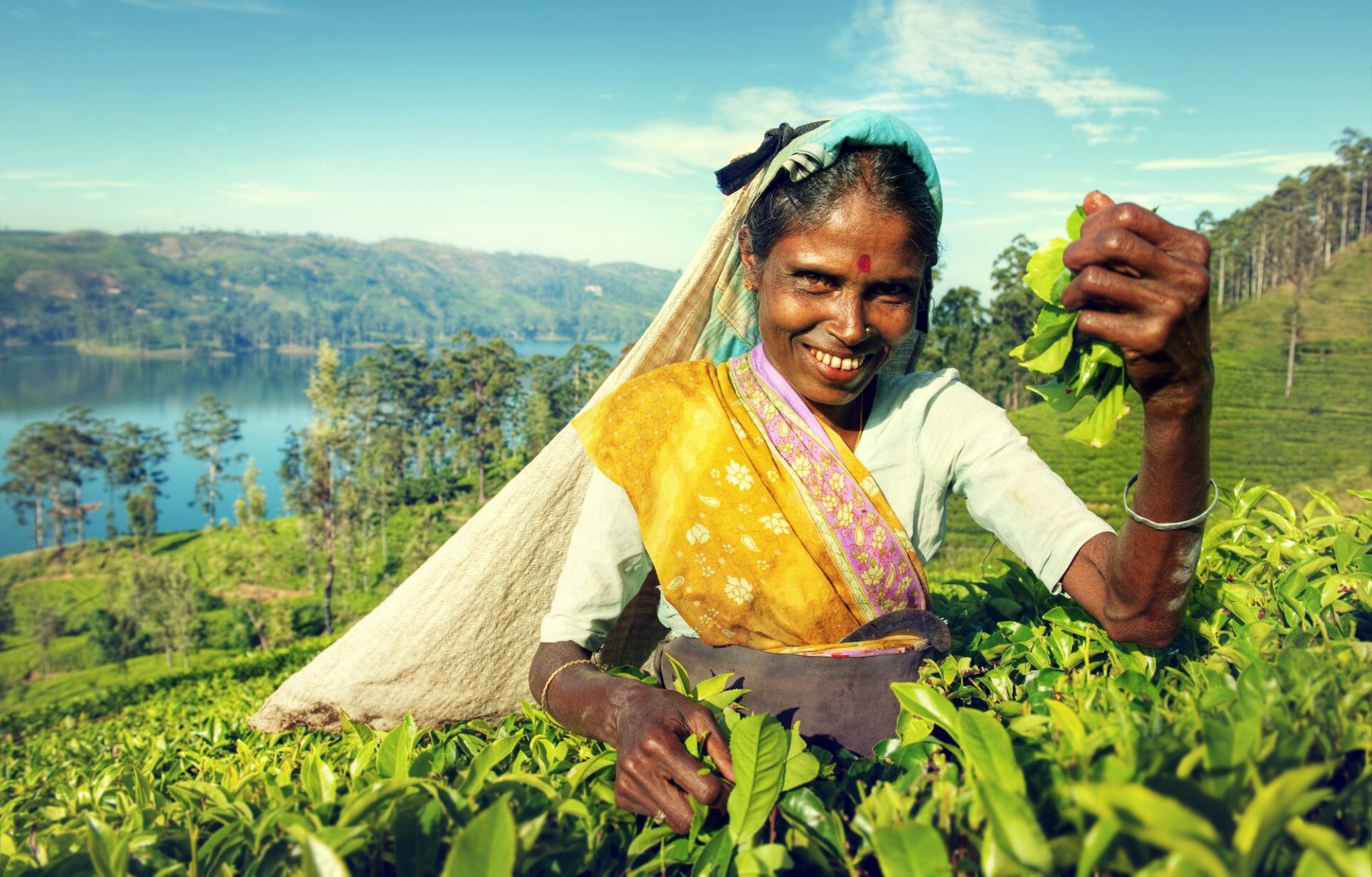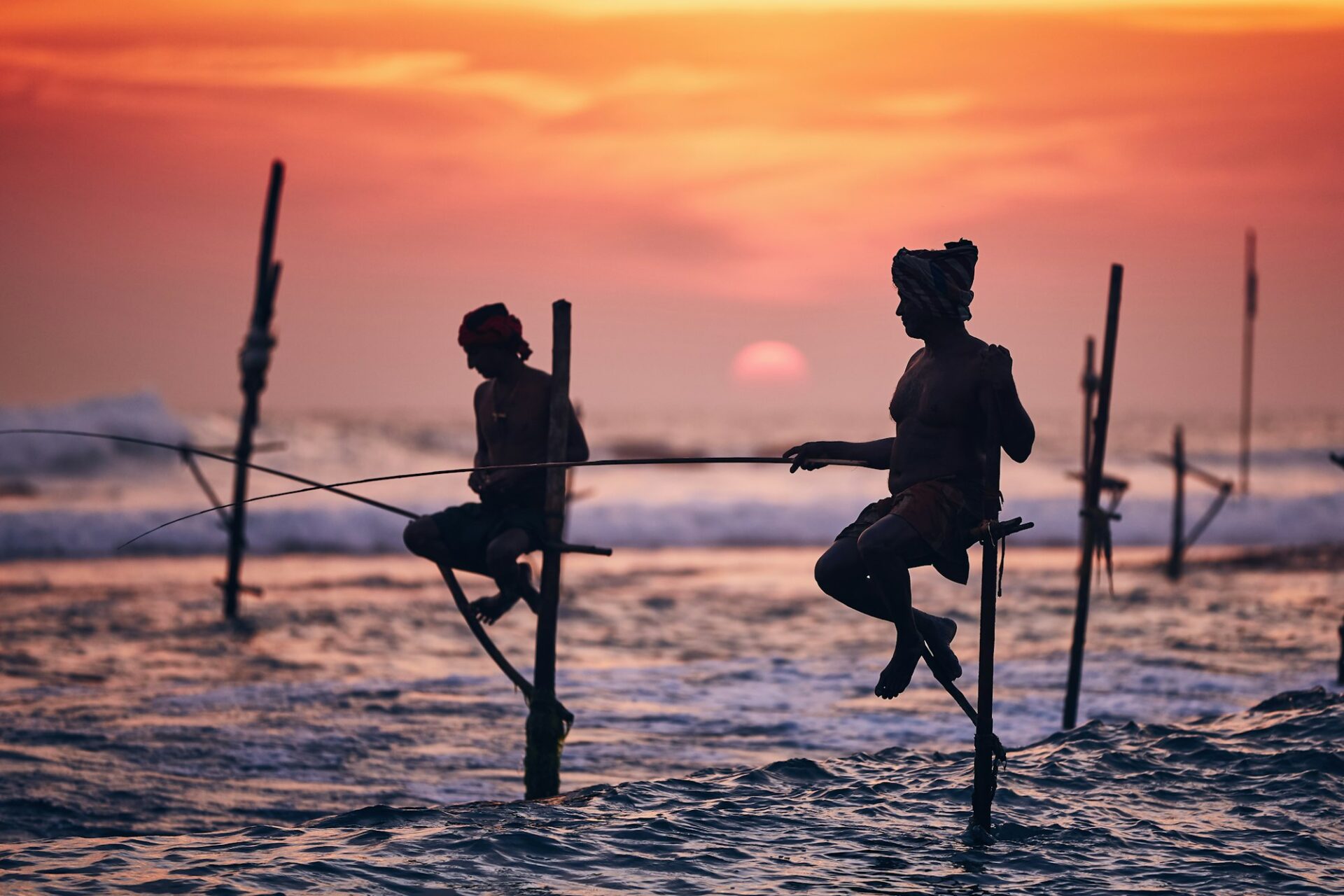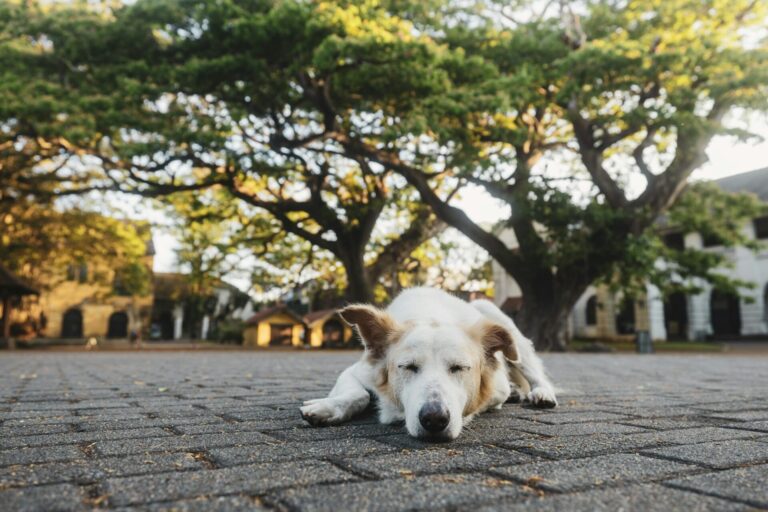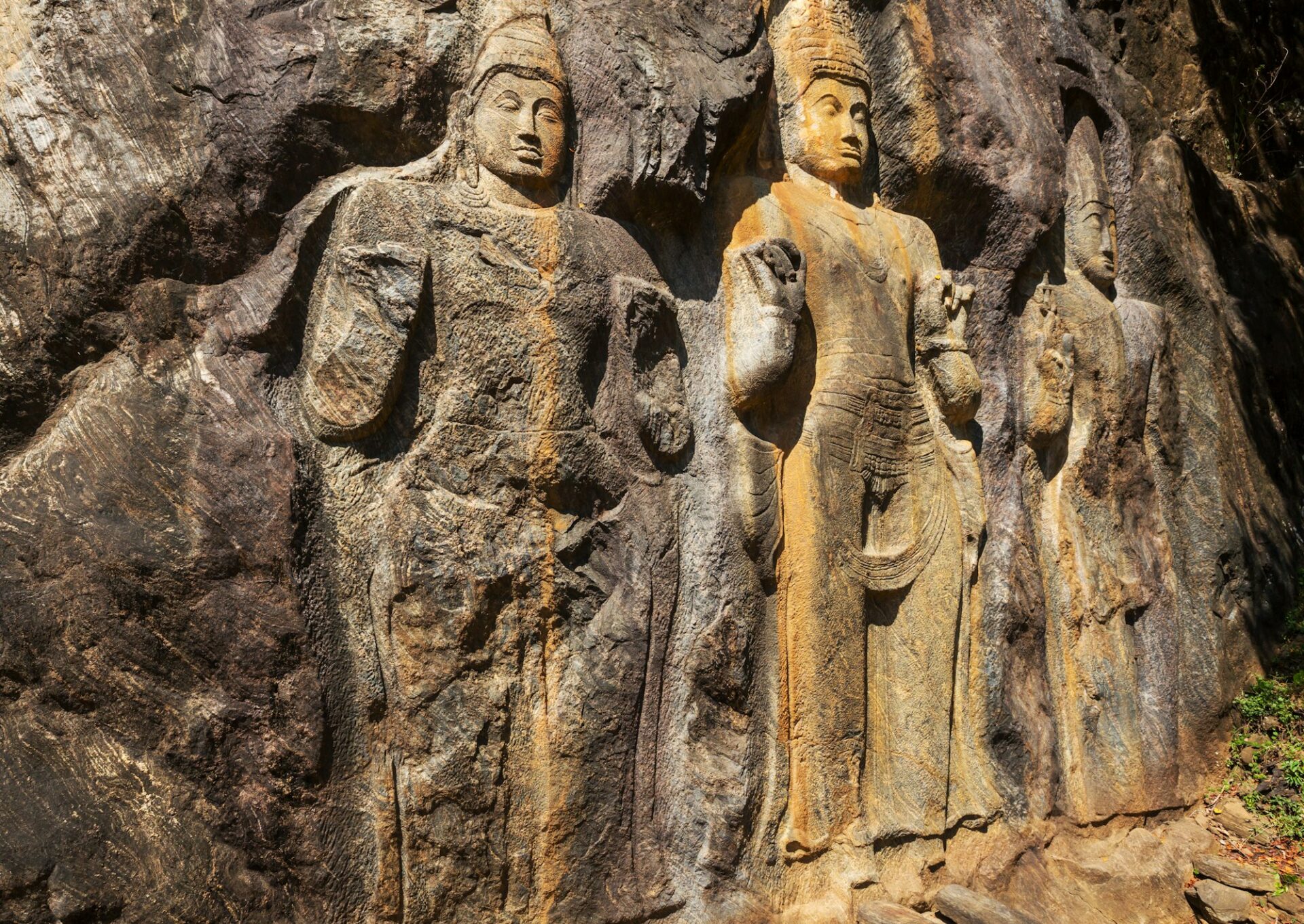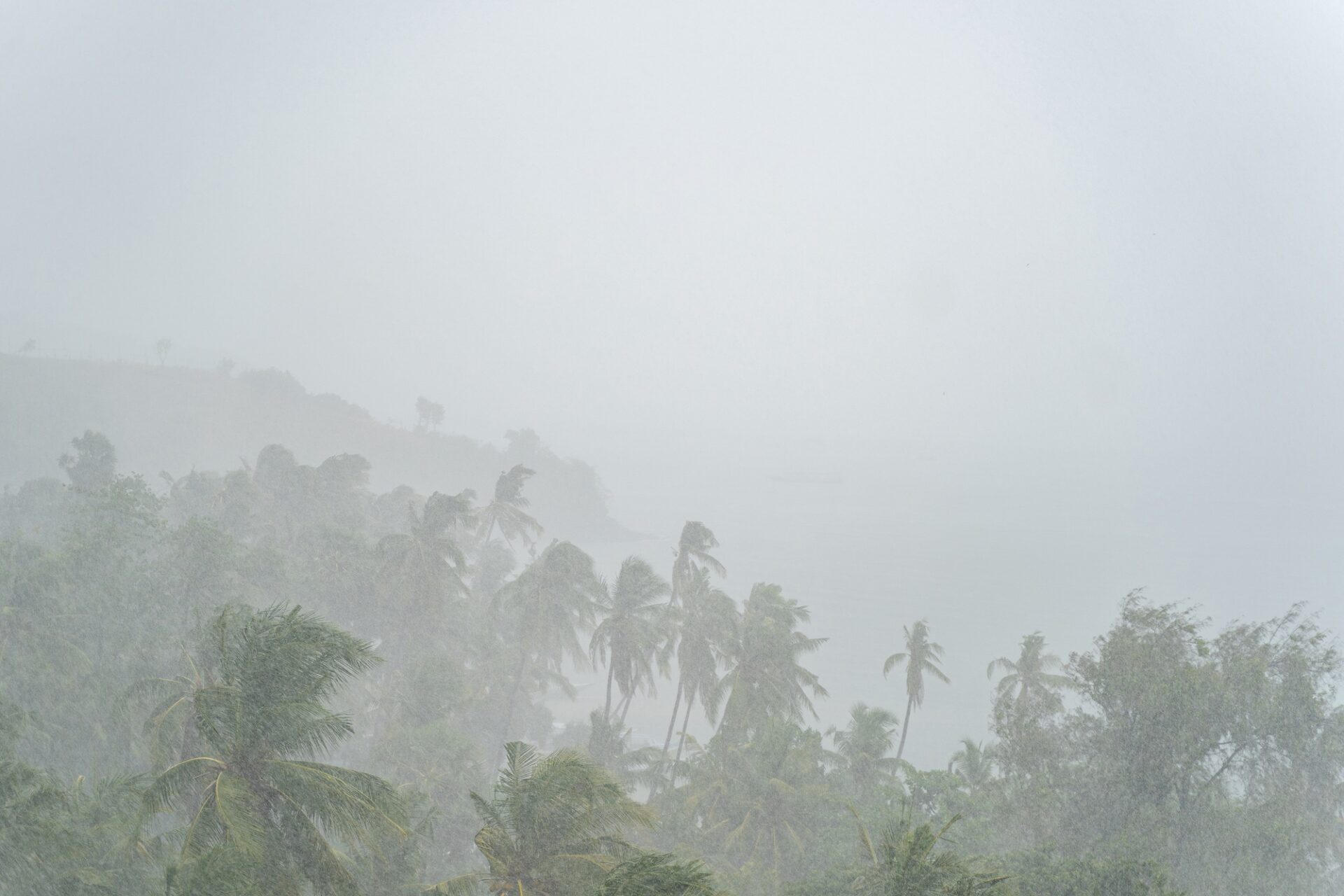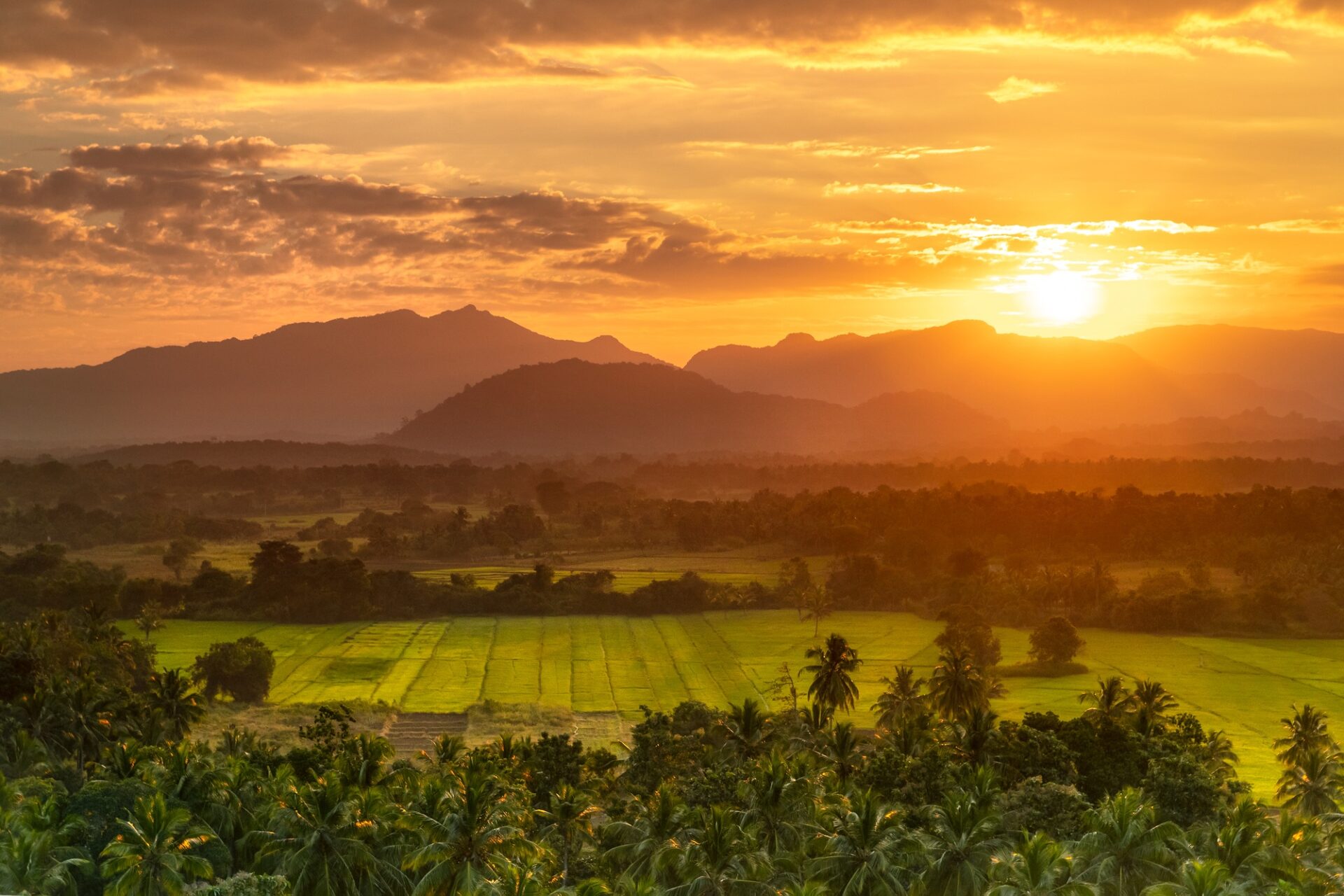Where there is light, there is also shadow
Just like in any other country, though!
Sri Lanka - a fascinating paradise for adventurers, combining exotic landscapes, a rich culture and warm people. But the island also has its own challenges. From dense jungles to wild animals and chaotic traffic, there are a few things you should be prepared for to get the most out of your trip. In this article, you will learn how to travel safely and relaxed through Sri Lanka and which potential dangers you should keep in mind without losing the adventure.
Natural hazards: Climate and wildlife
Sri Lanka tropical climate is the secret behind its lush, green nature, but it also brings with it extreme weather conditions. Especially during the monsoon seasons, heavy rainfall can occur, often causing flooding and landslides. The southwest monsoon (May to September) affects the southwest of the island, while the northeast monsoon (October to February) affects the north and east. If you are planning to travel in these Regions hiking or exploring nature, it's worth keeping an eye on the weather forecast.
Sri Lanka's diverse wildlife is another fascinating but potentially dangerous aspect. Wild elephants are an attraction that you should definitely experience - but always at a respectful distance. In national parks like Yala or Udawalawe you can observe the animals in their natural environment, but remember: elephants are impressive, but also unpredictable. There are also surprises in the jungle, including snakes and scorpions. Wear sturdy shoes and watch where you step to avoid unpleasant encounters.
Another highlight are Sri Lanka's beaches, which entice visitors with dreamy scenery and clear water. But the sea also has its pitfalls. Some beaches have strong currents that can challenge even experienced swimmers. Jellyfish can also be a problem, especially in the monsoon season. Find out about the current conditions before swimming or stick to busy and well-guarded stretches of beach.
Let me give you a little History that shows how even locals have respect for surprises in nature. During a beach clean-up on a beach in Sri Lanka, I suddenly discovered a tiny baby cobra among the plastic debris. The locals immediately froze, and one shouted in horror: "Where the baby is, so is the mother!" Their concern was palpable and we quickly agreed: the little snake should disappear from this beach - for its safety and for ours!
With a bucket, some patience and careful movements, we managed to get the baby cobra into a jar, while the locals continued to keep me on my toes with stories about "the invisible mother" and possible dangers. In the end, we brought the little snake safely to Yala National Park, where it can live undisturbed. Even though the encounter was unplanned, it taught me a lot about the interplay of respect, teamwork and a bit of adventurousness in Sri Lanka's nature.
Health risks and hygiene standards
Unfortunately, the tropical climate also brings health risks, including mosquito bites, which can transmit diseases such as dengue fever. Long, light-colored clothing and insect repellent are therefore recommended, especially in the evening and in wooded areas. Fortunately, Sri Lanka is now malaria-free, but protection against mosquitoes is still advisable.
Sri Lanka also has a lot to offer in terms of cuisine. However, when eating and drinking, you should make sure that the tap water is not drinkable - use bottled water instead. Street food is an absolute highlight, but to avoid unpleasant surprises, the food should be freshly prepared and served hot. There are well-equipped hospitals in cities such as Colombo and Kandy for emergencies, but it is advisable to take out international health insurance to ensure you are optimally covered if necessary.
- Fast charging PD20W: It supports the fast charging protocols PD 3.0, QC 3.0, charges your iPhone 13 by up to 50 % in 30 minutes....
- Worldwide adapter: This international socket adapter with EU, UK, US and OFF plugs covers over 100 countries and regions. Will your...
- All-in-one socket outlet adapter: The universal socket outlet adapter has a compact all-in-one design (6.7 cm x 5.2 cm x 5.6) to fit your...
Last updated on 2025-06-30 / Affiliate links / Images from the Amazon Product Advertising API
Road traffic: chaotic, but indispensable
Sri Lanka's streets are full of life: Tuk-tuks, scooters, buses and all kinds of vehicles mingle here in a wild jumble. This makes driving exciting, but also dangerous. If you want to rent a scooter or a car, be careful and drive defensively. Traffic in Sri Lanka often follows its own rules, and it is not uncommon for animals or sudden potholes to make driving even more difficult.
If driving yourself seems too risky, there are alternatives such as public transport. The famous train ride from Kandy to Ella is not only safer, but also one of the most beautiful rail journeys in the world. But the same applies here: trains and buses are often overcrowded, which requires patience, especially at peak times. You should always keep your valuables handy and safely stowed away.
Cultural misunderstandings and legal pitfalls
Sri Lanka has a deeply rooted culture and religion that demands respect and sensitivity. Buddha images and temples in particular are of great importance. Avoid wearing Buddha tattoos visibly, as this is considered disrespectful and can even have legal consequences. Caution is also advised when visiting temples: Shoulders and knees should be covered and shoes should be removed before entering. Photography is often undesirable in the sacred spaces.
A zero-tolerance policy towards drugs and alcohol in public also applies on the island. Anyone who breaks these rules will face severe penalties. To avoid legal problems and respect the local culture, it is advisable to behave in a reserved and polite manner - and you will notice how warmly people treat you.
Scams and personal security
Sri Lanka is a safe country overall, but as with all tourist destinations, there are occasional scams. From overpriced tuk-tuk rides to supposedly "helpful" locals who want to show you special places for a fee, a healthy dose of skepticism won't hurt. Trust your instincts and be careful if someone tries to push too much on you.
In busy markets and on public transport, it is also advisable to store valuables safely and keep an eye on them. Sri Lanka is safe, but a little caution will ensure a relaxed trip without unexpected losses.
Dealing with animals: Wild animals and street dogs
In Sri Lanka, you will encounter an impressive variety of animals - from elephants and monkeys to many stray dogs in the cities and on the beaches. Encounters with wild animals are fascinating, but a respectful distance should always be maintained to avoid conflict. Street dogs in particular are often friendly, but can carry diseases such as Rabies transmitted. Therefore, keep a low profile and avoid petting stray dogs. Most domestic dogs now wear collars.
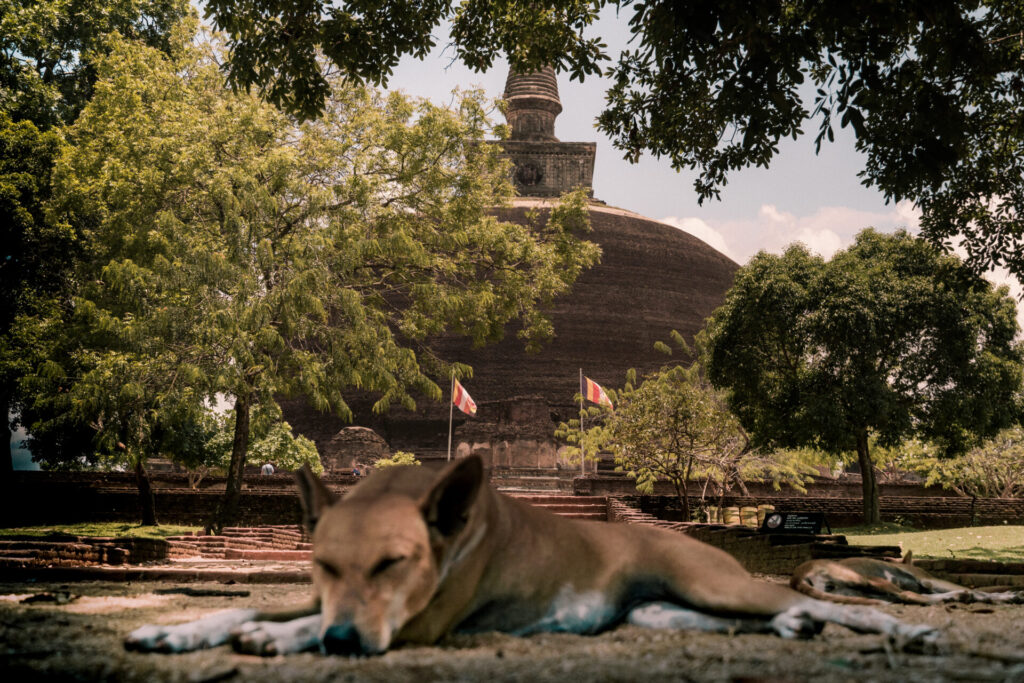
Safety near water: currents, jellyfish and the power of the sea
The sea around Sri Lanka is a paradise for swimming enthusiasts, but the currents on some beaches, especially on the south and east coasts, can be dangerous. If you go swimming in areas without lifeguards, find out about the conditions in advance or choose busier sections of beach.
Jellyfish can also occur in the monsoon season and cause pain when touched. Pay attention to warnings or notices and, if in doubt, refrain from swimming. This will keep your beach fun safe and relaxed.
Practical tips for a safe and relaxed journey
A few basic tips will help you to make your trip through Sri Lanka as safe and carefree as possible:
- Travel insuranceComprehensive travel insurance is a must. In an emergency, you will be covered and have access to good medical care.
- Emergency contactsSave the most important emergency numbers as well as the address of your embassy and nearby hospitals.
- Cultural understandingLearning a few words in Sinhala or Tamil shows respect and makes your travel experiences all the more intense.
- FlexibilitySri Lanka has its own rhythm, so get into it and enjoy the relaxed way of the locals.
With these tips and an open heart, Sri Lanka will be an unforgettable adventure for you. Be prepared, keep a healthy caution - and experience the island with all its facets and adventures.

